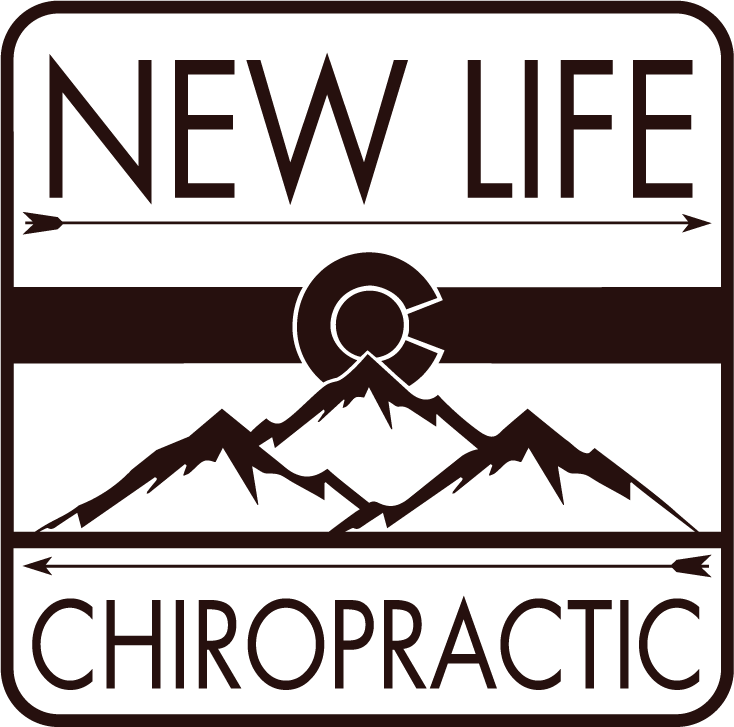That sharp, shooting pain at the base of your skull might not be just a regular headache. For some, it’s a sign of occipital neuralgia—a condition that affects the nerves running from the spine to the scalp. While not as common as migraines or tension headaches, it can make everyday movements like turning your head feel unbearable.
In this article, we explore what occipital neuralgia is and how your local Montrose chiropractor can help. What should you know?
What is Occipital Neuralgia?
Occipital neuralgia occurs when the occipital nerves—the nerves that run from the top of your spinal cord up through your scalp—become injured, inflamed, or irritated. These important nerves can become compressed or damaged in various ways, leading to distinct symptoms that set this condition apart from other types of head pain.
Common symptoms include:
- Sharp, electric-shock-like pain that starts at the base of the skull and radiates to the scalp
- Aching, burning, and throbbing pain in the neck and behind the ears
- Extreme sensitivity to touch in the scalp area
- Pain behind one or both eyes
- Increased pain with neck movement
- Tender spots along the back of the neck
- Pain triggered by certain neck positions or movements
Additionally, several factors can contribute to the development of occipital neuralgia, including:
- Neck muscle tightness and spasms
- Poor posture, especially from desk work or device use
- Trauma from falls or whiplash injuries
- Compression from arthritic changes in the upper cervical spine
- Prior injuries to the neck or back of the head
- Prolonged neck tension from stress
- Medical conditions affecting nerve function
How Can Chiropractic Care Help?
Chiropractic care takes a natural approach to managing occipital neuralgia by targeting possible underlying causes and easing nerve irritation. The goal is to relieve pressure, improve movement, and support the surrounding muscles and joints to help reduce discomfort. A chiropractic approach to occipital neuralgia typically involves:
Spinal Alignment
Keeping the upper cervical spine properly aligned can help take pressure off the occipital nerves. Gentle adjustments restore natural movement and reduce nerve compression, giving your nerves the space they need to function without irritation.
Posture Evaluation
Poor posture is a common contributor to occipital neuralgia. A chiropractor can assess how you sit, stand, and move throughout the day and then offer simple adjustments to reduce strain on your nerves. This might include tips for your workstation, sleeping position, and daily habits.
At New Life Chiropractic, we understand how debilitating occipital neuralgia can be. Our experienced chiropractors take time to thoroughly evaluate your condition and develop a personalized treatment approach. We use gentle, specific techniques designed to address the root causes of your pain while providing relief from your symptoms.
Book your appointment today. Our team will work with you to create a comprehensive care plan aimed at reducing your pain and preventing future episodes. We’re committed to helping you live your life free from pain!



